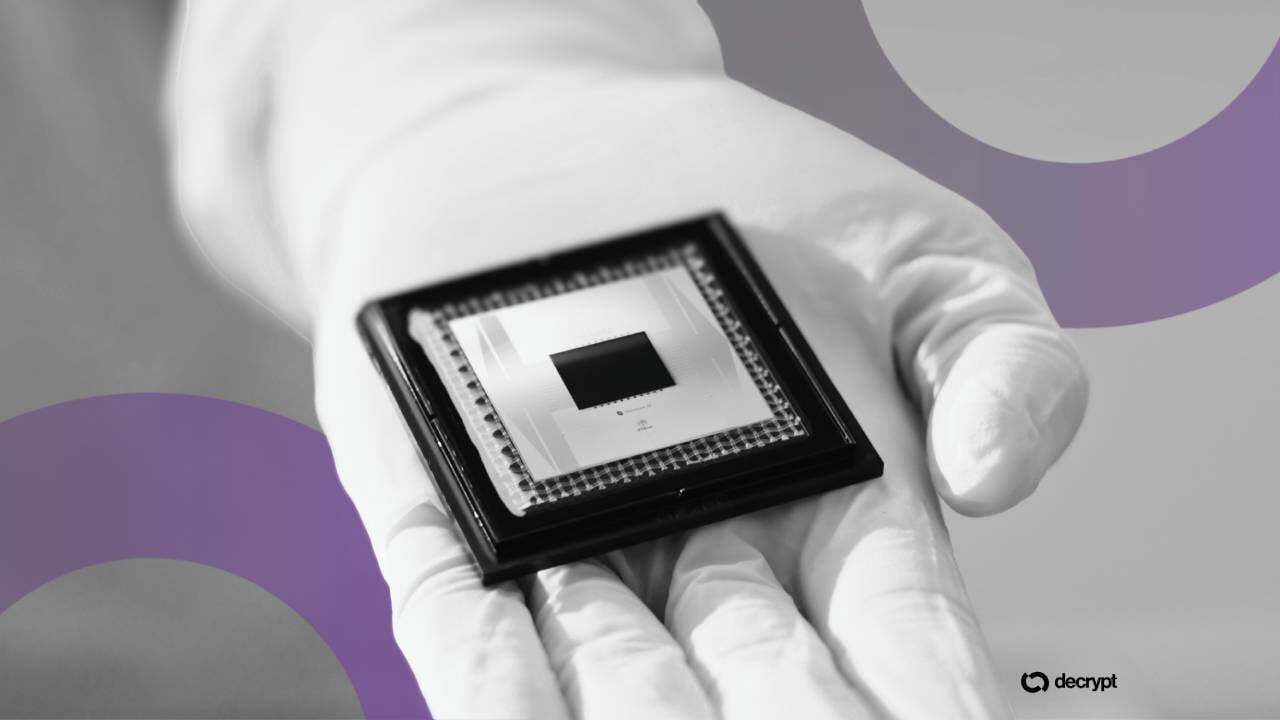Western Union Selects Solana to Power Its Global Stablecoin Network

- Western Union plans to launch its USDPT stablecoin and Digital Asset Network in mid-2026.
- The company selected Solana as a host for its blockchain adoption for its speed and reliability, with plans to serve 150 million users across 200+ countries.
Western Union has officially chosen the Solana blockchain as a powerhouse for its new Digital Asset Network and stablecoin. According to the reports, it is expected to launch in the first half of 2026. Recently, we have seen the adoption of traditional payment & financial institutions into blockchain technology, with many of them creating stablecoins and easier payment gateways.
PayPal, for instance, which is one of the leaders of blockchain adoption, has created a system where users can easily send payments across the blockchain network in seconds at a fraction of the normal cost. Green Dot, another payment platform, has also made a partnership similar to PayPal’s to help create a more secure and faster method of transacting.
Western Union Partnerships With Blockchain-Based Networks
According to the announcement shared during the company’s third-quarter earnings call, Western Union revealed that the new system will incorporate two main parts: one would be the US Dollar Payment Token (USDPT), and the other, the Digital Asset Network.
These two systems will be created in partnership with Anchorage Digital Bank, a regulated digital asset bank currently operating in the U.S. and providing secure crypto custody and infrastructure for financial institutions.
Also Read: PayPal Expands PYUSD Stablecoin to Nine Blockchains with LayerZero Integration
The company explained that once the payment system launches, the USDPT stablecoin will allow users to send, receive, and settle payments instantly through blockchain technology. Customers will also be able to access the token through other exchanges, making it easier for them to convert between digital assets and traditional currencies.
This approach is very similar to PayPal’s stablecoin PYUSD adoption. Western Union also added that its Digital Asset Network will serve as a simple bridge between cash and crypto, giving customers a new way to transfer their money quickly and securely.
The CEO of Western Union, Devin McGranahan, during his presentation at the Money 20/20 USA conference in Las Vegas, shared that his team spent a lot of time comparing the different blockchain networks before finally deciding on Solana. He said that after careful evaluation, Solana stood out as the most reliable and scalable option for building an institution-grade stablecoin platform.
The CEO also mentioned that this new partnership will help strengthen Western Union’s position in the digital payments industry and help the company continue its mission of making money transfers faster, cheaper, and accessible to the world. So far, the system is expected to provide services for the company’s 150 million users across over 200 countries.
Also Read: Polygon (POL) Price Setup: 3 Powerful Indicators Hint at a Potential Upside Move
You May Also Like

Ethereum Set to Debut ‘Key to Layer-2 Scaling’ as Fusaka Upgrade Clears Final Test

IBM’s Quantum ‘Cat’ Roars: 120-Qubit Breakthrough Pushes Bitcoin’s Encryption Risk Closer
